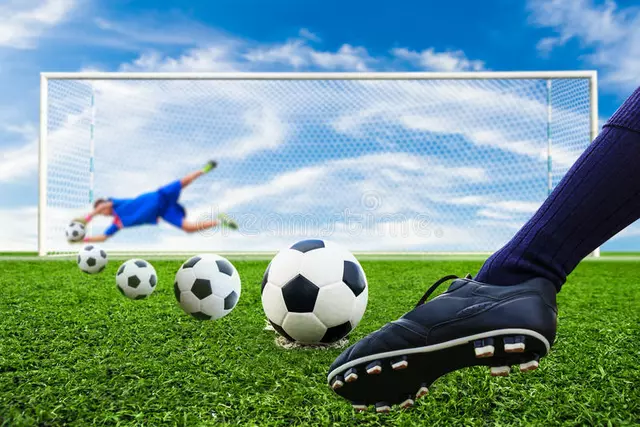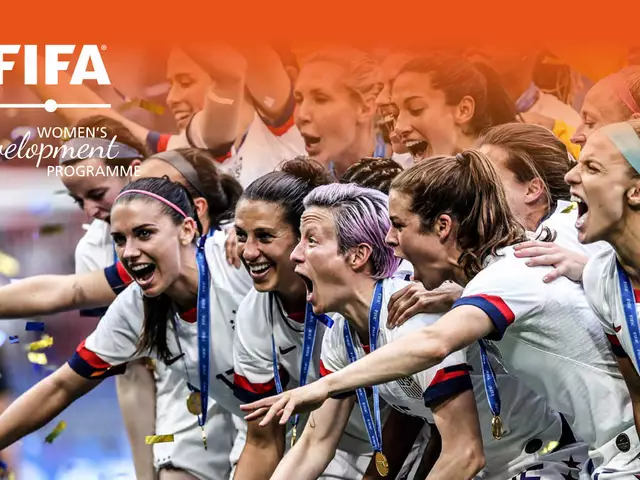
When it comes to Olympic swimmers, you might think of athletes who have been swimming since they were young children. But this isn’t always the case! There are some inspiring stories of Olympic swimmers who started competing later in life. Here are some of the most inspiring stories of Olympic swimmers who started late in life.
Kosuke Kitajima
Kosuke Kitajima is a Japanese Olympic swimmer who won gold medals in both the 2004 and 2008 Olympics. He didn’t start swimming until he was 11 years old, which is considered late in the swimming world. But that didn’t stop him from becoming an Olympic champion. He is a true example of how it’s never too late to start something.
Dara Torres
Dara Torres is an American swimmer who competed in five Olympic Games, and won 12 Olympic medals. She didn’t start swimming until she was in high school, and she has been an inspiration for many people who want to start a sport later in life. She is a true example of how age is just a number when it comes to competing in sports.
Karen Thorndike
Karen Thorndike is an American swimmer who competed in the 2004 Olympics. She started swimming competitively at the age of 22, which is considered quite late in the swimming world. But that didn’t stop her from becoming an Olympic swimmer. She is a great example of how it is never too late to start something.
These inspiring stories of Olympic swimmers prove that it’s never too late to start something. No matter your age or experience, you can achieve your dreams if you put in the hard work and dedication. So don’t let age be a barrier and don’t let anyone tell you that you can’t do something!
Are you an adult looking to take up swimming for the Olympics? It may feel daunting to start competing at a later age, but it is possible. It just requires commitment, dedication, and a few tips.
Start with the Basics
The first step is to become comfortable in the water. If you are a beginner, start with the basics and work your way up. This can include mastering floating, swimming on your back, and kicking with a kickboard. You will also want to build up your endurance as you become comfortable with the fundamentals.
Find a Coach
Once you feel comfortable with the basics, it is time to find a coach. This person will be able to help you develop your skills and provide guidance on the right techniques and drills. A good coach can also provide feedback on your technique and can help you develop a training plan.
Set Goals
When starting late, it can be difficult to stay motivated. To stay on track, set achievable goals that are specific and measurable. This can help you stay focused and motivated. Make sure to celebrate your successes and use them as motivation to keep going.
Train Consistently
The key to success in any sport is consistency. Make sure to set aside time to practice and train regularly. This will help you build strength and endurance and improve your technique. Also, make sure to get adequate rest and recovery time. This will help you stay focused and motivated.
Stay Positive
Finally, stay positive. It can be discouraging to start late, but remember that it is possible. Focus on the progress you are making and celebrate each success. Don’t compare yourself to others and focus on your own goals and progress.
Starting late in life may seem daunting, but with commitment, dedication, and these tips, you can make it happen! Good luck!
With the 2016 Summer Olympics starting this month, many of us are inspired by the stories of Olympic athletes who have been swimming since they were children. But what about those who have only taken up Olympic swimming later in life? Are there any successful Olympic swimmers who started later in life?
The answer is yes! There are several Olympic swimmers who started later in life, and some have gone on to become very successful. One example is Dara Torres. She began swimming competitively at the age of 17, and went on to compete in five Olympic Games, winning 12 medals. She is an example of how it is never too late to start Olympic swimming.
Starting Olympic swimming later in life has several benefits. One of the most obvious benefits is that the swimmer has more life experience. This can help with decision-making and problem-solving, both of which are key skills in the Olympic arena. Additionally, starting later in life often gives the swimmer more time to focus on technique and strategy, which can be invaluable in the Olympic pool.
It is also important to note that starting Olympic swimming later in life can have a more positive effect on the swimmer’s mental and emotional health. Those who start later in life can be more motivated and determined to succeed, as they have a better understanding of what it takes to be successful in the sport. Additionally, older swimmers can often draw on their life experiences to better handle the pressure and expectations that come with Olympic competition.
In conclusion, there are many successful Olympic swimmers who started later in life, and there are many benefits to starting swimming later in life. Those who start later often have the maturity, focus, and motivation to excel in the sport, and can use their life experiences to their advantage. So, if you’re considering starting Olympic swimming, it’s never too late!
Related Posts
You may like these posts too



Write a comment